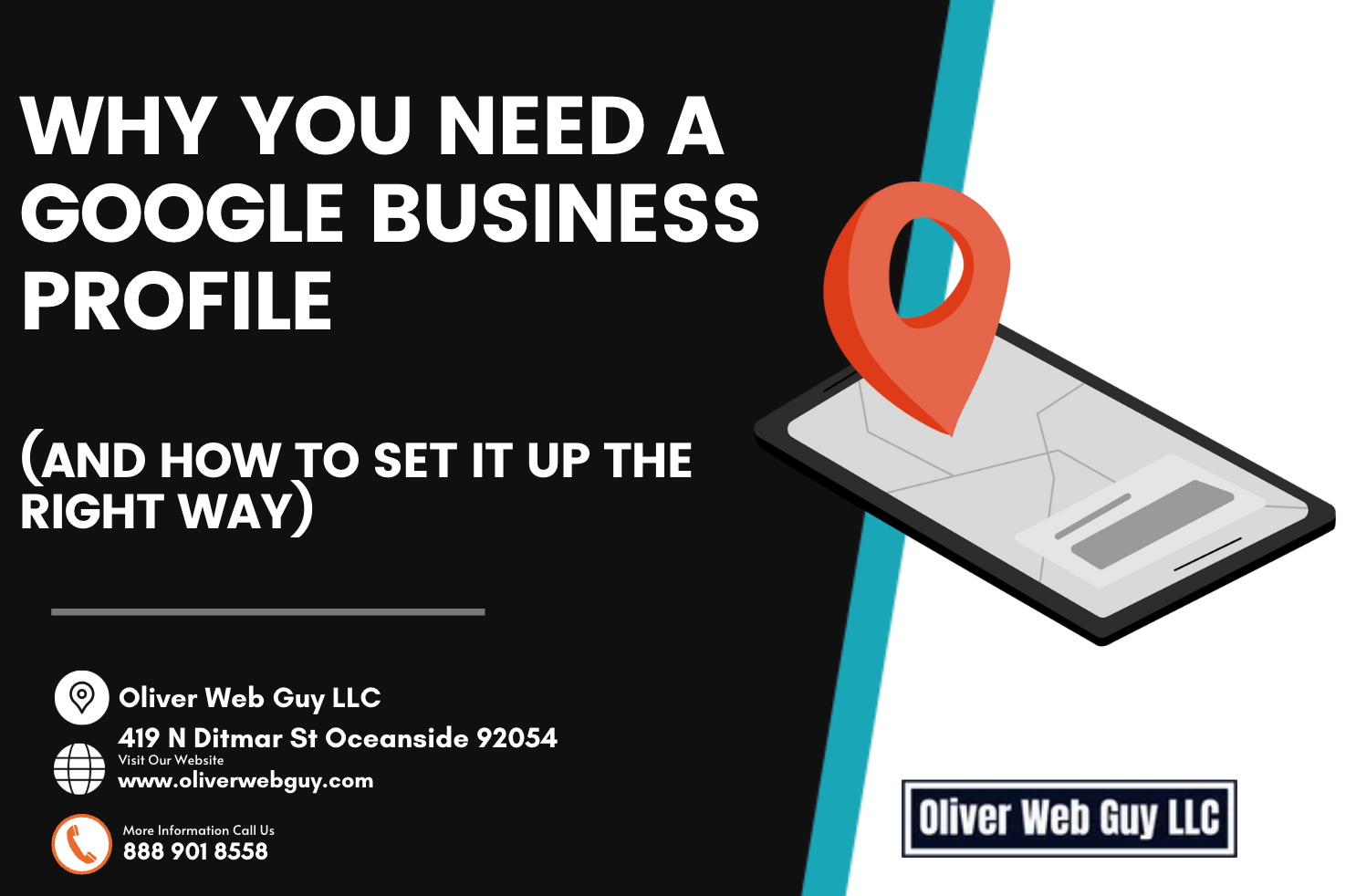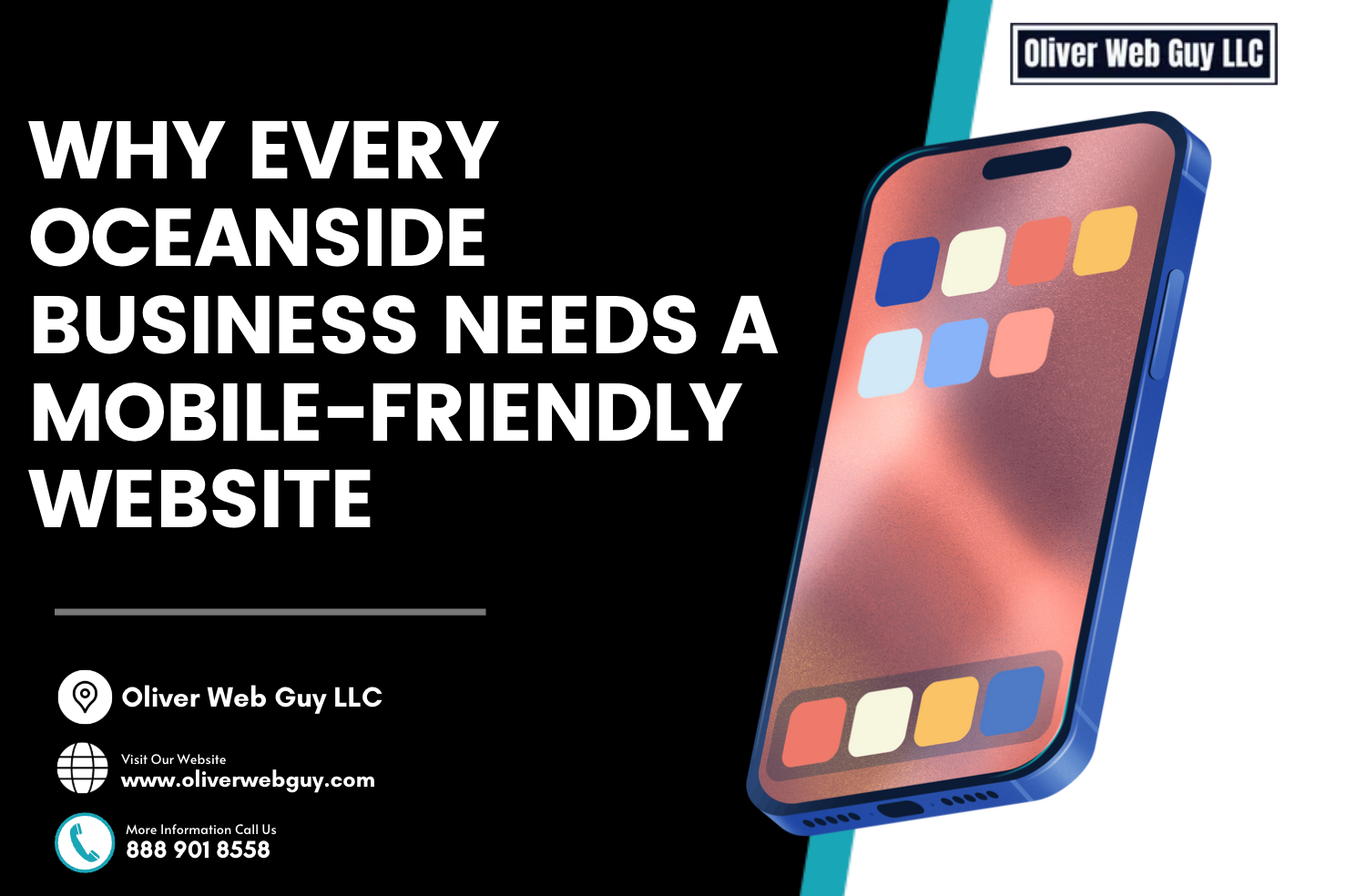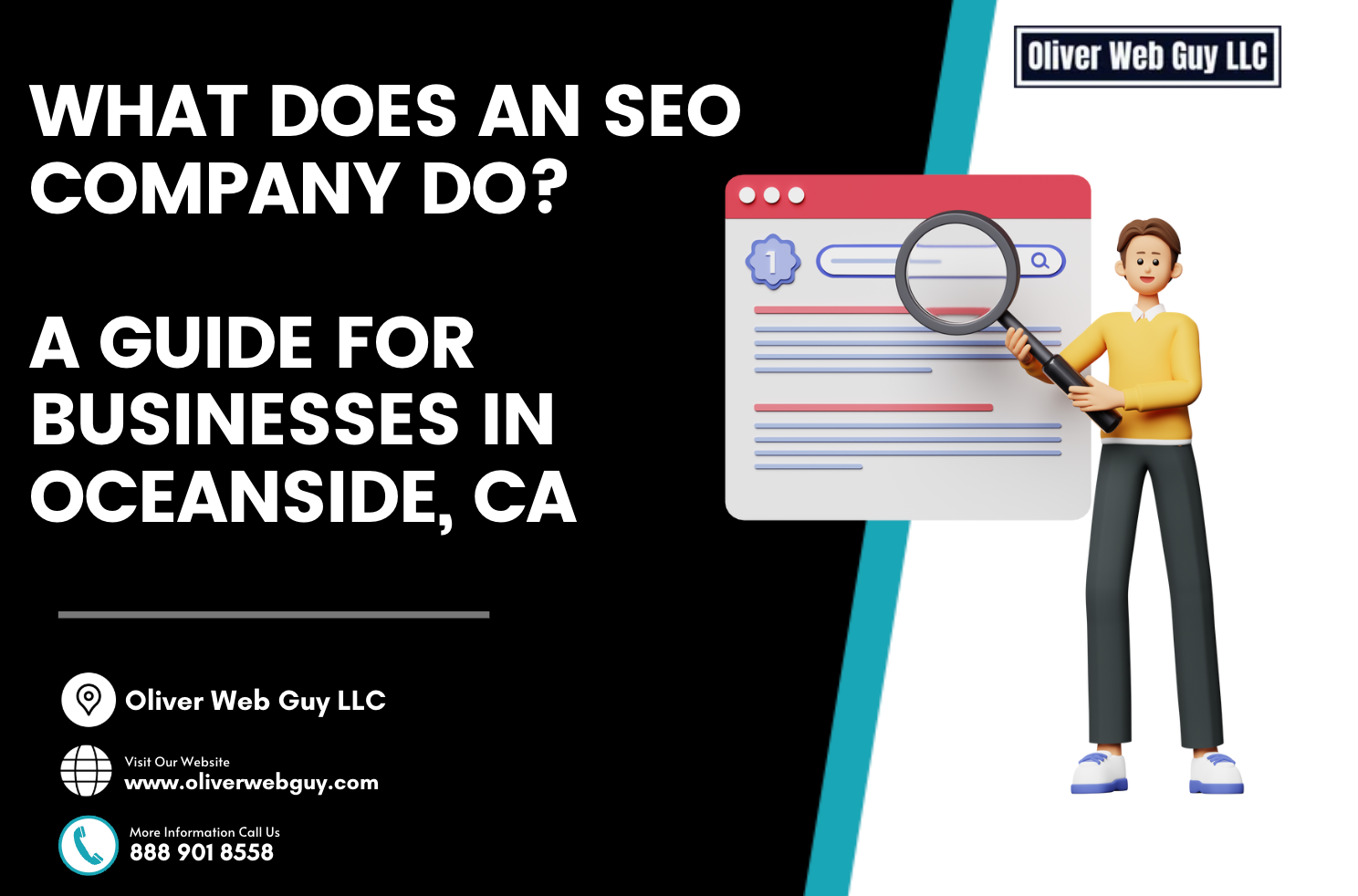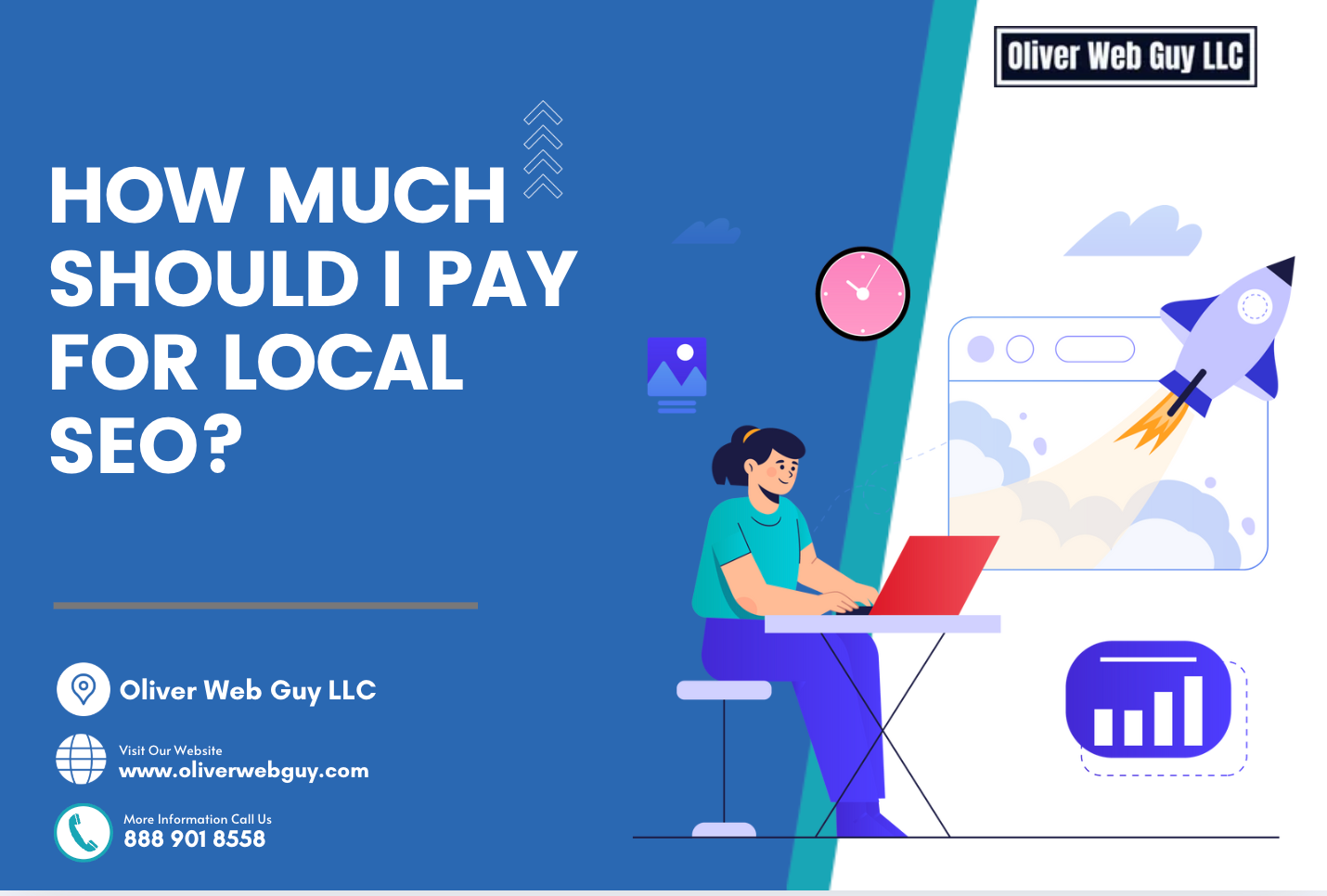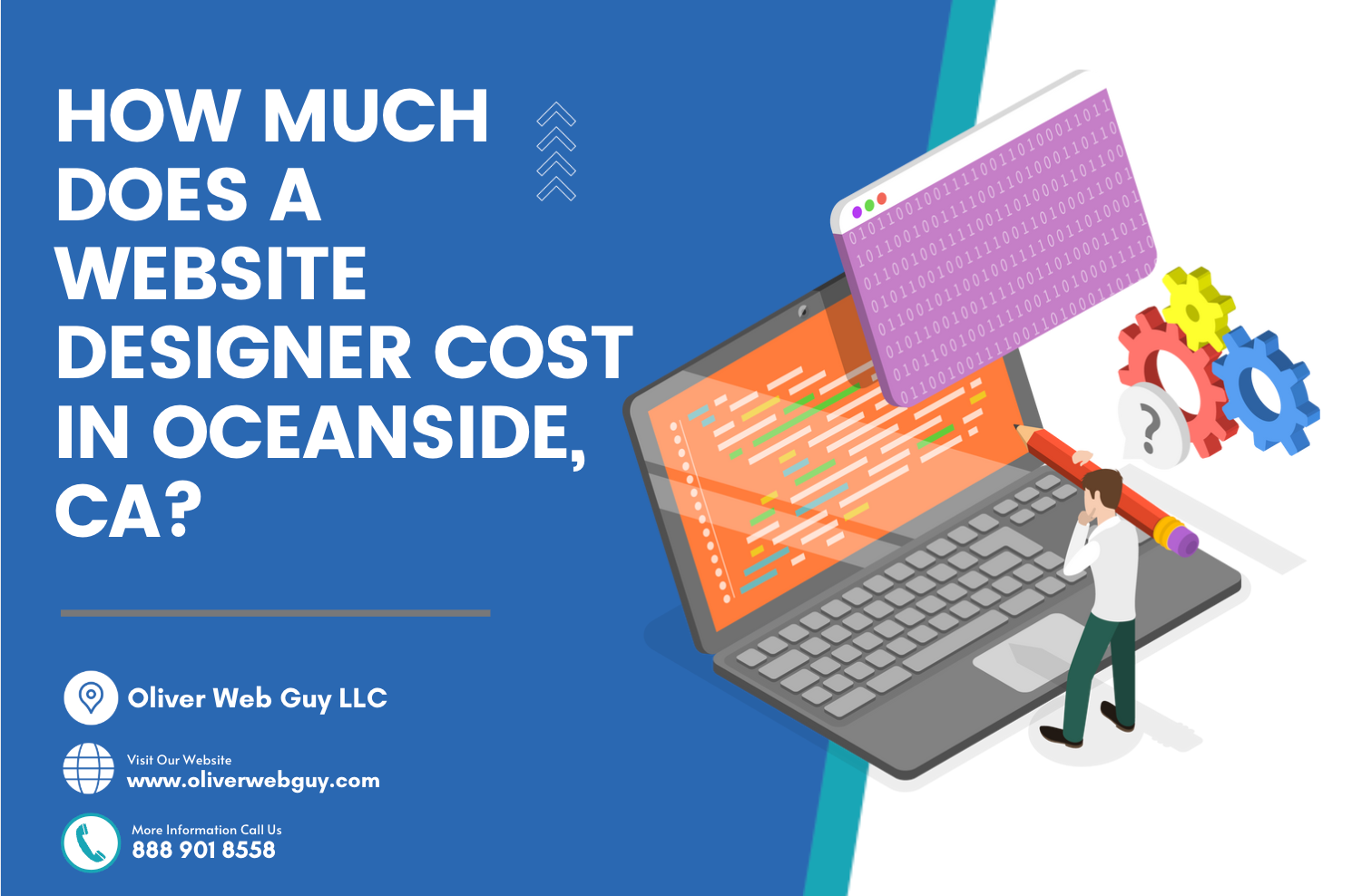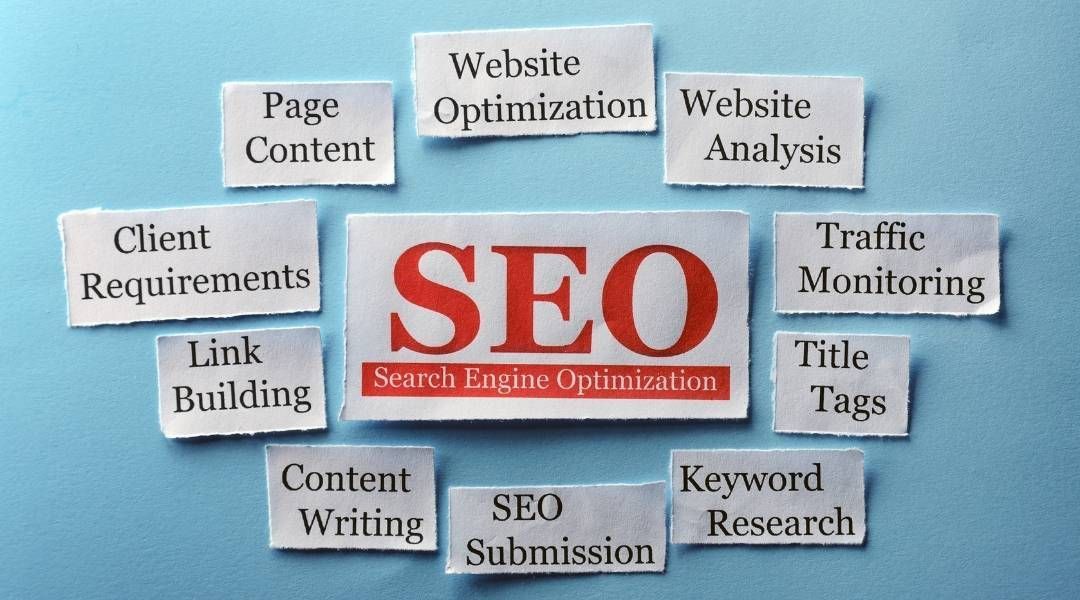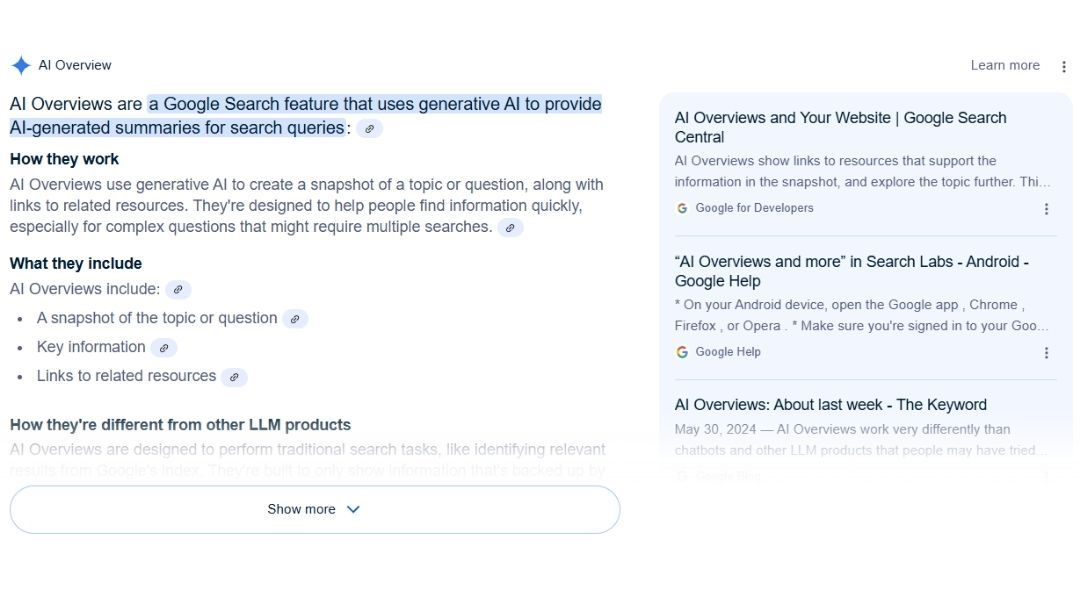Ranking in AIO vs. SEO vs. LLM
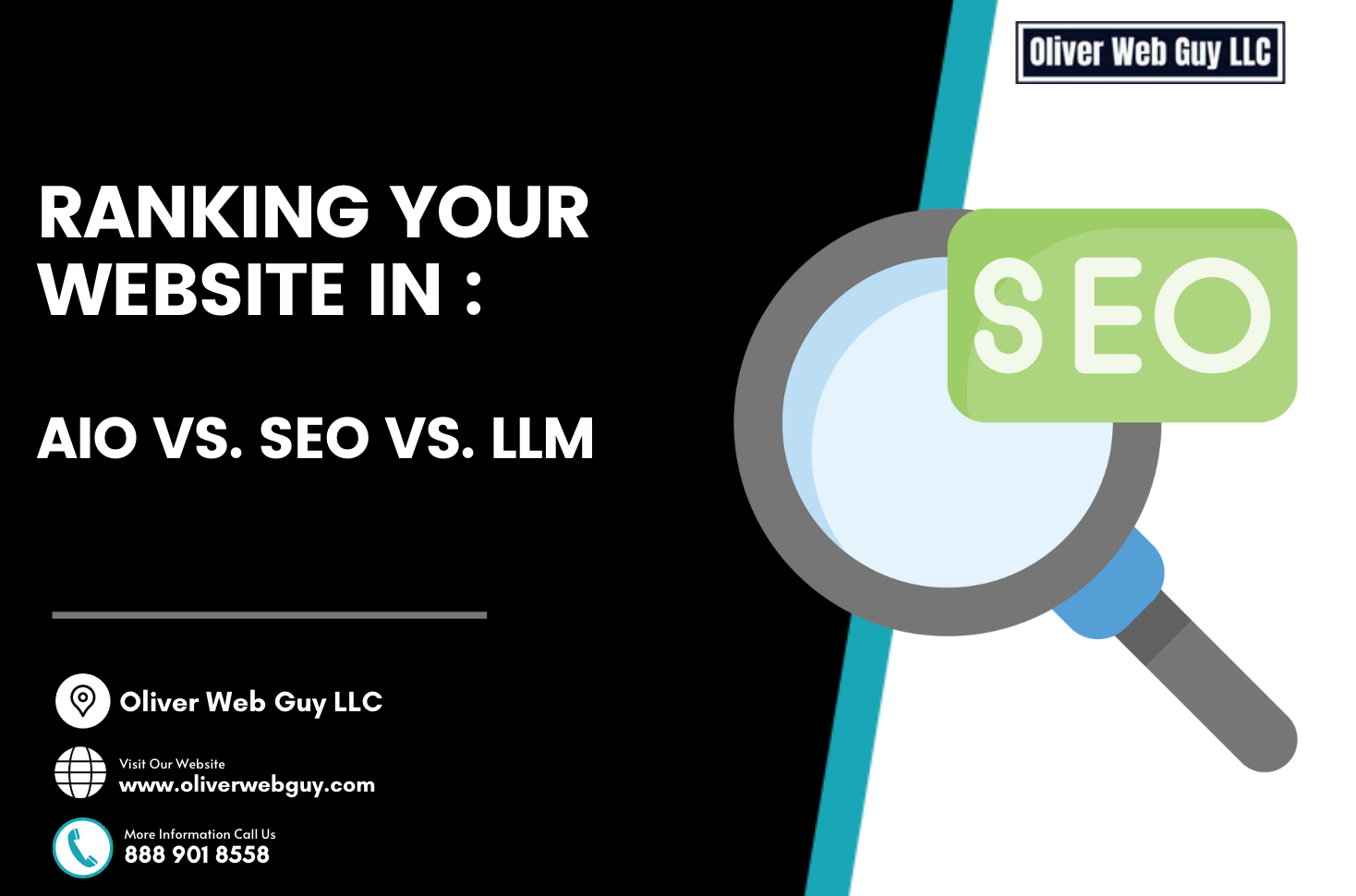
With the rise of AI-driven search experiences, the way websites gain visibility is evolving. Traditional SEO (Search Engine Optimization) focuses on ranking high in search engines like Google, while AIO (AI Optimization) is about optimizing for AI-powered search engines and recommendation models (like ChatGPT, Bing Chat, or Google's AI Overviews). Getting recommended by Large Language Models (LLMs) is a different game altogether, and it requires understanding how these models retrieve and rank information.
1. SEO (Search Engine Optimization)
Goal: Rank on Google and other search engines for organic traffic.
Key Factors in SEO Ranking:
- Keyword Optimization – Using relevant search terms in content, title tags, and meta descriptions.
- Backlinks & Authority – High-quality inbound links signal credibility.
- Technical SEO – Page speed, mobile-friendliness, structured data, and security (HTTPS).
- Content Quality – E-A-T (Expertise, Authoritativeness, Trustworthiness) is crucial.
- User Experience (UX) – Dwell time, bounce rate, and engagement matter.
Why It Matters: Google still dominates the search landscape, so traditional SEO remains a priority.
2. AIO (AI Optimization)
Goal: Rank in AI-driven search results like Google's AI Overviews, Bing Chat, or AI-powered assistants.
Key Factors in AIO Ranking:
- Conversational Optimization – AI models prioritize content that directly answers user queries.
- Entity & Schema Markup – Structuring data so AI can easily parse and understand it.
- Concise, Direct Answers – AI prefers summarizable content (FAQs, bullet points).
- Semantic Search & NLP – AI uses Natural Language Processing (NLP) to interpret queries, so contextually rich content is essential.
- Brand Recognition & Credibility – AI sources rely on trusted websites, government sites, and expert content.
Why It Matters: AI-generated search results will become more prominent, reducing traditional SERP clicks.
3. Getting Recommended by LLMs (Large Language Models)
Goal: Be cited or surfaced as a recommended source in AI-driven chat assistants (like ChatGPT, Google Gemini, or Perplexity AI).
Key Factors in LLM Recommendations:
- High-Authority Sources – LLMs prefer government sites, academic sources, and established media outlets.
- AI-Readable Content – AI extracts structured, clear, and factual data from sites with strong topical authority.
- Engagement & Citations – LLMs reference frequently cited and linked content.
- Up-to-Date & Evergreen Content – LLMs favor sources with fresh, frequently updated information.
- Entities Over Keywords – AI models recognize businesses, people, and topics as "entities" rather than just keyword phrases.
How to Optimize for LLMs:
- Get cited in authoritative sources (news articles, academic papers, or government websites).
- Use structured data (FAQ schema, JSON-LD).
- Be clear, factual, and concise – AI pulls direct answers from well-structured text.
- Become a thought leader – Publish original insights, research, or industry reports.
Why It Matters: AI-powered assistants are increasingly replacing search engines for direct answers.
The Future of Rankings
- Traditional SEO isn’t dead, but AI-driven search is changing how users find information.
- AIO is growing, and optimizing for AI-powered search engines will be crucial.
- Getting recommended by LLMs requires trust, authority, and clear, well-structured content
If you're looking to improve your Google Maps ranking and need expert help with local SEO, website optimization, and digital marketing, Oliver Web Guy can assist you! 🚀
✅ Get your business listed and optimized on
Google Maps
✅ Improve your
local SEO strategy
✅ Increase your
online visibility and leads
